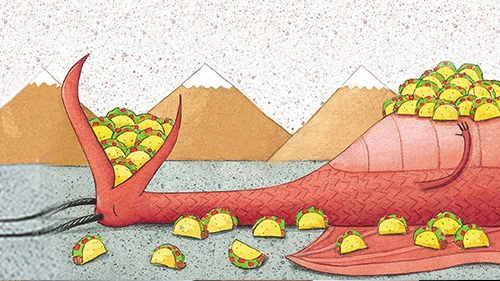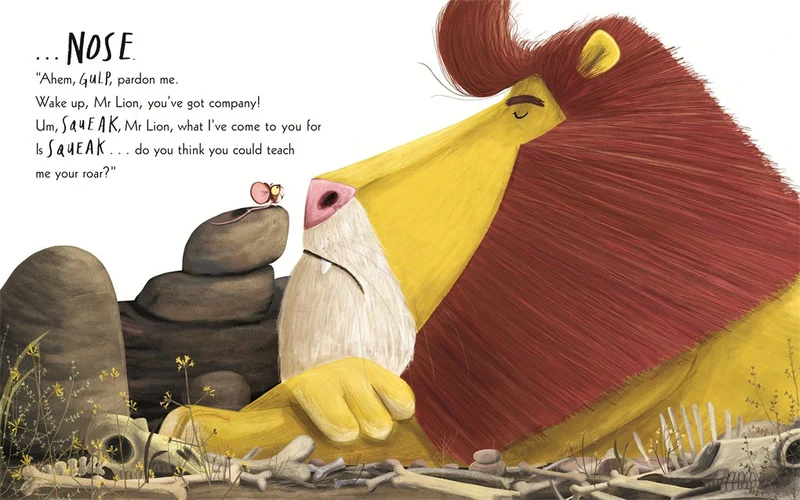10 New Books We Recommend This Week

The new normal still doesn’t feel normal, exactly. But judging from conversations with friends and family, a lot of us are starting to settle into some kind of routine. If yours includes reading — and I hope it does — might we suggest these recent books?
In fiction, Brandon Taylor’s “Real Life” gives a fresh twist to the traditional campus novel, and there’s new work from the old favorites Anne Enright, Louise Erdrich and Emily St. John Mandel. Unlike her last novel, “Station Eleven,” Mandel’s latest does not involve a pandemic, you may be relieved to know.
In nonfiction we offer a couple of substantial biographies, of the Catholic activist Dorothy Day and the Saudi crown prince Mohammed bin Salman, along with a consideration of California’s housing crisis, a literary and cultural study of Shakespeare’s plays in America, and a historian’s look at the United States’ forced relocation of Native Americans during the 1830s.
Finally, you shouldn’t need the excuse of National Poetry Month to pick up a collection of poems, but it is April after all: How about treating yourself to Victoria Chang’s “Obit”? It grapples with all sorts of endings, not just mortality, and proves to be rigorous and cleareyed, even comforting. We can all use a little poetry in our life these days.
Gregory Cowles
Senior Editor, Books
Twitter: @GregoryCowles
UNWORTHY REPUBLIC: The Dispossession of Native Americans and the Road to Indian Territory, by Claudio Saunt. (Norton, $26.95.) The historian Claudio Saunt’s book traces the expulsion of 80,000 Native Americans over the course of the 1830s, from their homes in the eastern United States to territories west of the Mississippi River. It’s a “powerful and lucid account,” our critic Jennifer Szalai writes. “Saunt has written an unflinching book that reckons with this history and its legacy.”
MBS: The Rise to Power of Mohammed bin Salman, by Ben Hubbard. (Tim Duggan, $28.) Many of the sources for this disturbing portrait of Saudi Arabia’s crown prince by Hubbard, The New York Times’s Beirut bureau chief, insisted on anonymity, fearing reprisals from the kingdom’s 34-year-old de facto ruler, a man whose ambition and ruthlessness are here on alarming display. Christopher Dickey, reviewing it, says that Hubbard “puts the story of Mohammed bin Salman’s ascent in a context that extends well beyond the region,” and adds that “the book’s strength is the thoroughness of its reporting.”
REAL LIFE, by Brandon Taylor. (Riverhead, $26.) In this stunning debut novel, a gay black graduate student from the South mines hope for some better or different life while he studies biochemistry in the haunted halls of a white academic space. As in the modernist novels of Woolf and Tolstoy cited throughout, the true action of Taylor’s novel exists beneath the surface. Jeremy O. Harris’s review calls it “a novel that probes — painstakingly, with the same microscopic precision its protagonist uses in the lab — the ways that an anxious queer black brain is mutated by the legacies of growing up in a society (in Wallace’s case, rural Alabama) where the body that houses it is not welcome.”
GOLDEN GATES: Fighting for Housing in America, by Conor Dougherty. (Penguin Press, $28.) California’s homelessness problem, Dougherty shows, involves a complicated combination of economic and political issues, but there’s only one answer to it: more housing. “It’s hard to overstate how dire California’s housing crisis is,” Francesca Mari writes in her review. “‘Golden Gates’ is both an empathetic portrait of all sides — legislators, developers, pro-housing and anti-gentrification activists — as well as a masterly primer on the fight for new construction in California.”
THE GLASS HOTEL, by Emily St. John Mandel. (Knopf, $26.95.) The author of “Station Eleven” returns with her fifth novel, a literary page-turner about a Ponzi scheme with close resemblance to Bernie Madoff’s. Mandel’s story moves around in time but her message remains a fixed point: Greed isn’t good. “There are quite a few overarching metaphors — about things like seeing and invisibility, visions and corporeal being — lurking around the book,” Boris Fishman writes in his review. “These moments call out to one another in a well-constructed matrix of nominal associations.”
SHAKESPEARE IN A DIVIDED AMERICA: What His Plays Tell Us About Our Past and Future, by James Shapiro. (Penguin Press, $27.) Shapiro has long created Shakespeare treats for the common reader, but this time he outdoes himself. From John Quincy Adams’s racist attacks on “Othello” to the notorious Trump-as-Julius-Caesar Central Park production in 2017, he reminds us how divided we’ve been since our very beginnings, with the historical-tragical constantly muscling out the pastoral-comical. “As he bounces back and forth between 1833 or 1916 and today, the similarities between Then and Now overwhelm the differences and Shapiro’s title resonates anew,” David Ives writes in his review. “Ultimately there rises the familiar suspicion that, for a country in love with the future, it’s always yesterday in America.”
THE NIGHT WATCHMAN, by Louise Erdrich. (Harper/HarperCollins, $28.99.) The title character of Erdrich’s moving new novel was modeled after her grandfather, who sent voluminous letters to Washington in an effort to save his tribe from being erased by the stroke of a bureaucratic pen. Our reviewer, Luis Alberto Urrea, says that Erdrich “delivers a magisterial epic that brings her power of witness to every page. High drama, low comedy, ghost stories, mystical visions, family and tribal lore — wed to a surprising outbreak of enthusiasm for boxing matches — mix with political fervor and a terrifying undercurrent of predation and violence against women. For 450 pages, we are grateful to be allowed into this world.”
ACTRESS, by Anne Enright. (Norton, $26.95.) This novel about that most fraught of all familial relationships, mother and daughter, follows an actress from rural Irish theater to silver-screen fame to madness and obscurity. When she falls apart, her daughter — who is her nurse, sidekick and most ardent fan — is there to pick up the pieces. Reviewing it, Mary Gordon calls the novel an “intoxicating” and “steaming brew” that “evokes the intellectual and political worlds of Ireland” in the 20th century. “Whatever else there may be between mother and daughter, there is love,” Gordon writes. “Even while laughing at Enright’s wicked mockery, I was moved by the tenderness of her evocation of difficult love, two lives on different tracks, one on the express to possibility, the other on the local to irrelevance, illness and self-destruction.”
DOROTHY DAY: Dissenting Voice of the American Century, by John Loughery and Blythe Randolph. (Simon & Schuster, $30.) Day, the activist and co-founder of The Catholic Worker, is under consideration for sainthood; this timely biography wrestles with how to reconcile her religious conservatism with her radical politics. “Day’s life highlights tensions that are currently of concern to both Catholics and Americans,” Karen Armstrong writes in her review. “The authors render their subject in precise and meticulous detail, generating a vivid account of her political and religious development.”
OBIT: Poems, by Victoria Chang. (Copper Canyon, paper, $17.) Chang’s new collection explores her father’s illness and her mother’s death, treating the end of life as a constantly shifting enigma. “A serene acceptance of the grief that comes with mortality emerges from these poems,” Sandra Simonds writes, reviewing the book alongside three other recent poetry collections, “ultimately forging a path ahead for both herself and her children.”




